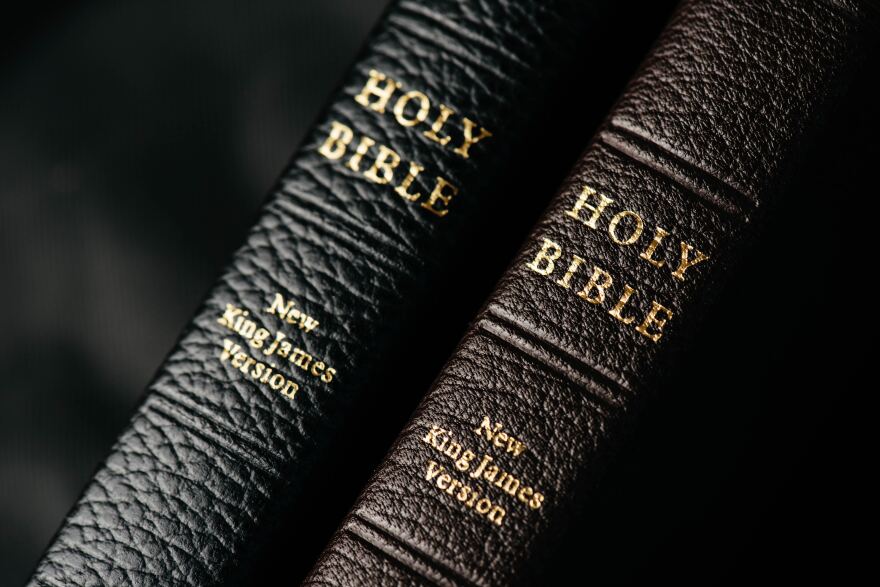A bill that would create an elective Bible study course in public high schools has cleared the House Pre K-12 Quality Subcommittee. Its sponsor, Rep. Kimberly Daniels, is adamant her measure is constitutional.
Daniels says her bill’s constitutionality is based on a 1963 U.S. Supreme Court opinion - as long as the courses are taught 'objectively.'
“House Bill 195 protects constitutional rights of students to be free from impermissible religious instruction by requiring an objective study of the Bible that does not convert or evangelize students,” Daniels said.
Daniels, a Democrat from Jacksonville, says that means curriculum created by her bill would have to follow state and federal guidelines regarding religious neutrality. Some committee members pointed out different versions of the Bible are used in various religions. Daniels says students can choose between translations.
“School districts would offer elective courses on Hebrew scripture and the old Testament,” Daniels said. “A student can choose whichever Bible translation – Hebrew or the New Testament, that they would like to study.”
But Representative Anna Eskamani challenges the idea of having religious objectivity and neutrality with courses that are based on one religious text
“I just struggle on the point that Rep. Hogan-Johnson made earlier about religious neutrality with one book – it just doesn’t seem like that connects to me,” Eskamani said.
Eskamani also asked Daniels about texts from other religions being offered under the measure.
“My family is Iranian-American, my family identifies with Islam,” Eskamani said. “Would you consider adding the Quran to your bill to be a friendly amendment, as another holy book that can be taught ‘objectively,’ to your language?”
To which Daniels replied simply, “No.”
Meanwhile, Representative Chris Latvala says students can benefit from the Bible’s historical offerings.
“If there are students that want to take this, and they want to learn the Bible from a historical perspective, you can learn a lot of history from the Bible,” Latvala said. “Secular history as well as religious history.”
Representative David Santiago, who ultimately voted yes, was among those concerned about a funding source. He asked Daniels about it during the meeting:
“Is there a funding mechanism that’s going to follow this, either in a separate bill or later on, to help the schools pay for the curriculum?”
Daniels, without going into specifics, replied: “No, not at this time.”
Despite Daniels’ insistence that the measure can stand the constitutionality test on the strength of an opinion from the nation’s highest court, one of her colleagues disagrees. Representative Jennifer Webb was one of the three Democrats who cast a ‘no’ vote.
“I did find nine federal court decisions, including one from Florida, ruling that public school Bible courses were unconstitutional in whole or in part,” Webb said. “In Gibson v. Lee County, which is a decision from the middle district of Florida – my district – the court invalidated a Bible history course of the New Testament because it could not conceive how the resurrection of miracles could be taught as secular history.”
Several representatives are asking Daniels to modify the bill, because the statute it looks to change does not apply to charter schools.
The measure will next head to the Pre K-12 appropriations subcommittee.






